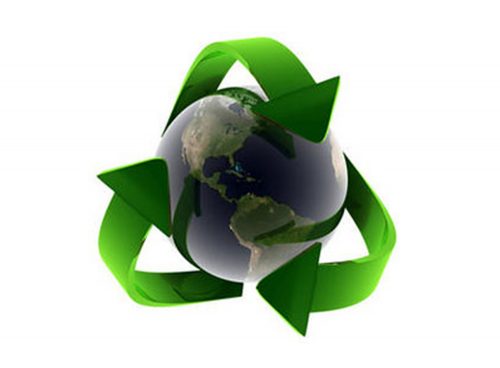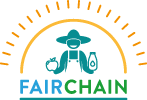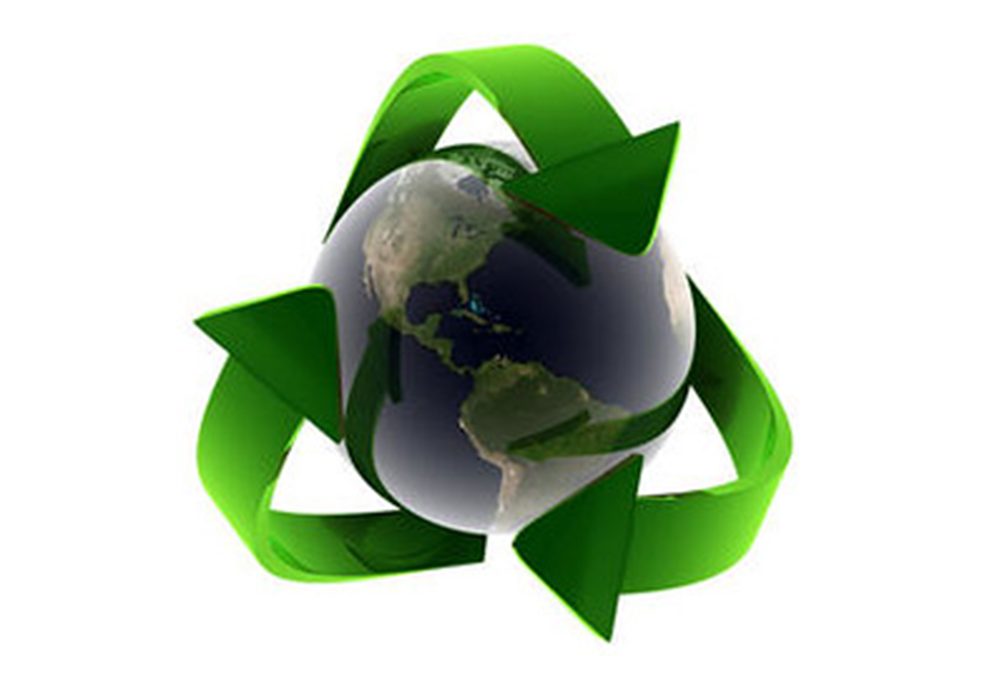
By: Kavitha Shanmugam, RISE and Anne Verniquet, dss
The Swiss case study aims to analyze co-product valorisation and generation of enriched added value for SMEs. This is done via two sub-cases within the Biofruits value chain:
- Developing a new alternative cleaning agent (vinegar) via bio fermentation of co-products unfit for consumption (pulp from Biofruits);
- Sharing of equipment to valorise co-products like fruit pits: the Swiss CS will pilote a regional scale regenerative agriculture and CO2 sequestration strategy via a pyrolysis-based innovative business model
The partners of the Case Study are Biofruits, Cogiterre (Fruits & Vegetables SME) in Switzerland along with dss (previously Sofies), INRAE and University of Ghent. RISE assisted with the Case Study.
The aim of the environmental assessment performed by RISE was to provide a basis for comparing the environmental performance of the developed innovation with the current situation. Life Cycle Assessment (LCA) is recognized to be the method of choice when measuring environmental impacts (climate change, resource depletion, etc.) of a product, process, or service. LCA was performed for a current scenario: Fruits & Vegetables which are unfit for consumption are sent to a local biodigester; Biofruits has to pay to eliminate these co-products. Moreover, fruit pits are not valorised locally nor transparently. A screening level LCA was performed for pits from Biofruits to investigate different handling technologies (compost – current, combustion and pyrolysis).
Various positive externalities are expected from pyrolysis and vinegar used as a cleaning agent. But the business models require some process improvements and deeper knowledge to reach a successful demonstration during the project. LCA will be used to compare the new value chain to the current one and then to quantify environmental benefits.

